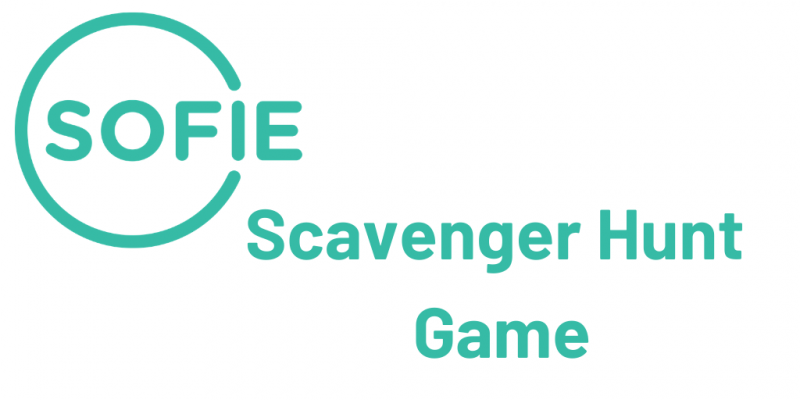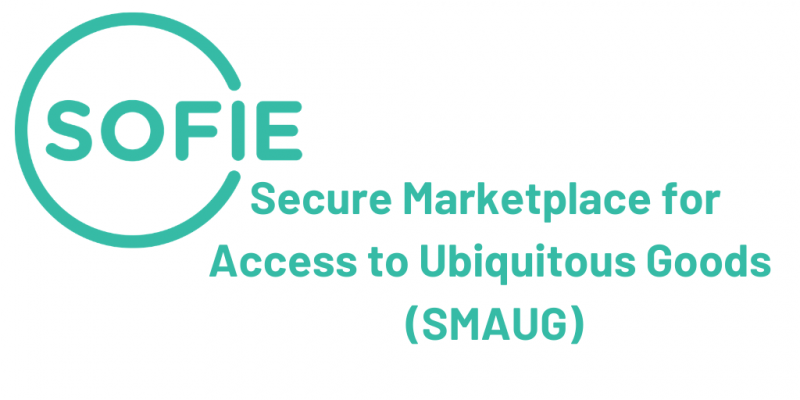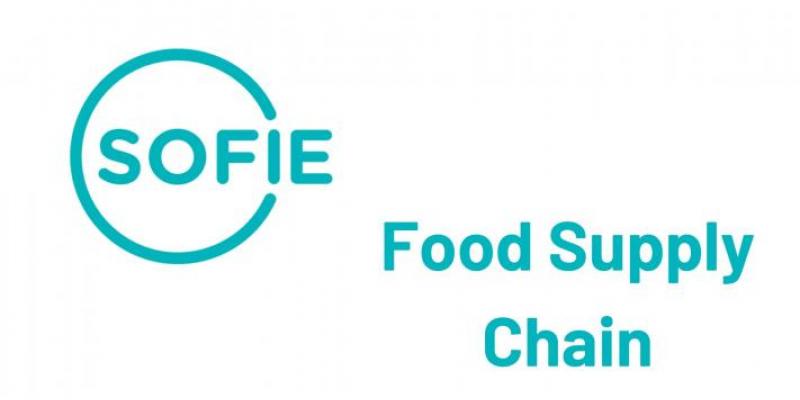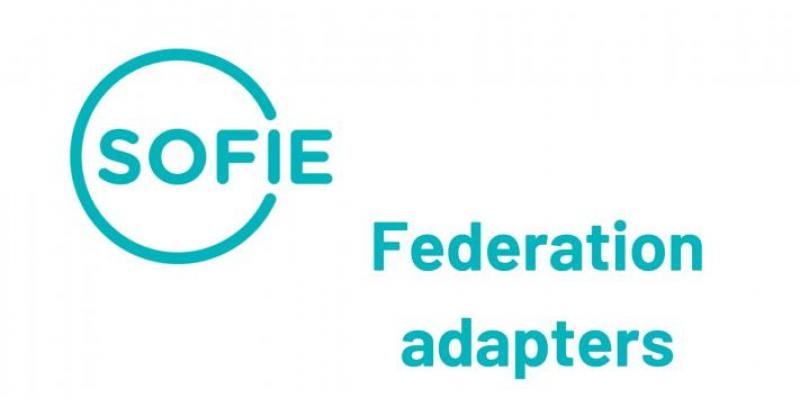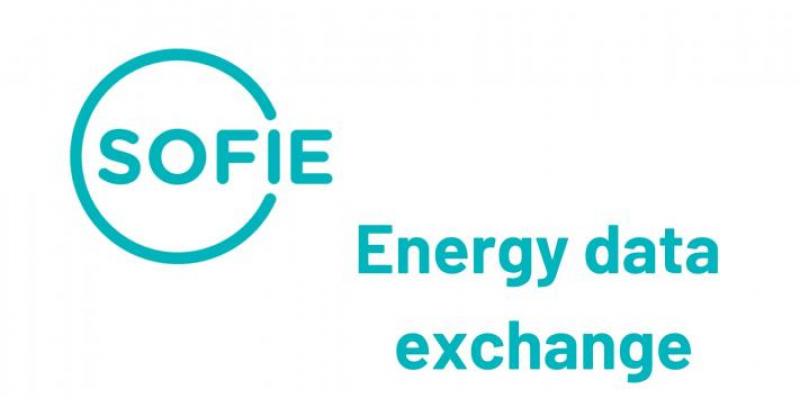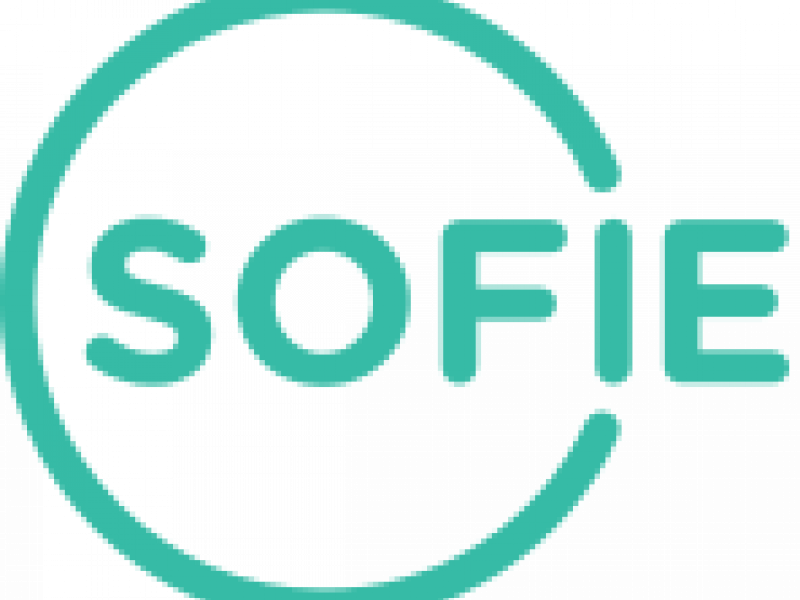
29 June - 03 July 2020: SOFIE

1) Who are your main users?
SOFIE users are researchers, developers and prospective businesses interested in IoT, interoperability between IoT platforms, decentralization in IoT Space etc. More specifically people in food supply, energy flexibility and energy exchange, and mobile gaming areas as these verticals are showcased through SOFIE project's pilot use-cases.
2) What cybersecurity/privacy challenges do your solutions address?
For security, distributed trust and accountability: how multiple parties can safely collaborate with each other and how the potential disputes can be solved in a fair and efficient way. Through the use of distributed ledgers, SOFIE allows participants to securely collaborate with each other, since all transactions can be independently verified by all the participants. Transactions stored in immutable ledgers offer a strong proof in a case of dispute.For privacy, excessive data collection and data sharing: how to minimize collection of personal data and how to give users control of how their personal data is being shared. By using novel technologies offering self-sovereignty such as decentralized identifiers (DIDs) and verifiable credentials (VCs), SOFIE allows users to be in control of their data in a GDPR-compliant manner. Furthermore, only a minimal amount of private data needs to be shared with the service. Finally, privacy is further improved by storing data in multiple distributed ledgers, in which case the private data is kept out of the public ledgers.
3) How do your solutions improve the lives of your users?
Through strengthening security and allowing users to control their data, SOFIE diminishes business and privacy concerns in data use and sharing, expands interoperability, increases IoT usability and support the emergence of an open market of IoT data, services, and innovative business opportunities. Through enabling different distributed ledgers to be used simultaneously, and exploiting the automation provided by smart contracts, SOFIE facilitates the smooth creation of new IoT business platforms, thus expanding their scope and increasing
Check out Products from SOFIE and ask for a quote or information
Products
Description
Find out more about SOFIE
SOFIE
Fragmentation and lack of security are among the biggest problems of IoT platforms. Most IoT platforms are vertically oriented closed systems, dedicated to specific application areas. The major challenge in the evolving IoT world is the fragmentation of vertically oriented, closed systems, architectures and application areas and moving on towards open systems and platforms.
Resources for EU Research
Resources for SMEs
News & Events
Reports
Cyberwatching.eu has received funding from the European Union’s Horizon 2020 research and innovation programme under grant agreement No 740129. The content of this website does not represent the opinion of the European Commission, and the European Commission is not responsible for any use that might be made of such content. Privacy Policy | Disclaimer / Terms and Conditions of Use

